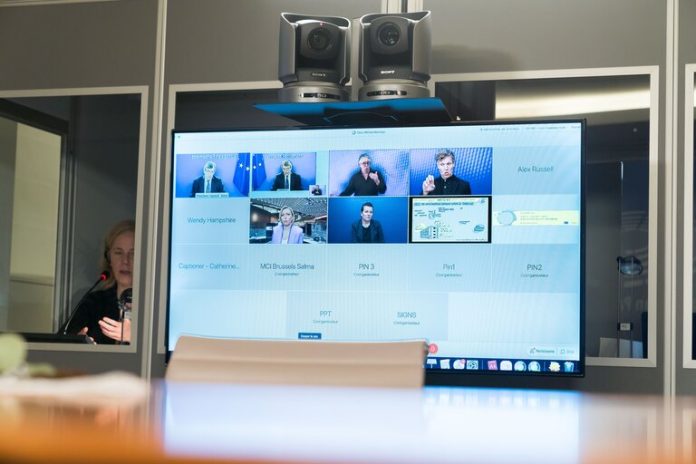EP’s CULT and ITRE committees adopted their requests for the new pan-European cultural movement that aims to find smart, sustainable and beautiful solutions to improve our daily lives.
The New European Bauhaus is an interdisciplinary initiative, launched by the Commission’s President Ursula von der Leyen in 2020, that aims to connect the European Green Deal to ways of living of people of Europe, bringing together architecture, innovation, science and design.
In a report adopted on Tuesday by 73 votes to 2 and 7 abstentions, both committees insist that there must be concrete criteria for selection of NEB projects and initiatives that will be funded with EU money. They come forward with their own set of criteria that include alignement with key EU policies, e.g. the Green Deal, creating new jobs and business opportunities, promoting accessibility, affordability, inclusiveness and safety.
MEPs of both committees regret the lack of clarity on future funding for the NEB and call for EUR 500 million of “fresh money” to be added to the EU’s budget for that purpose. They to do that via the EU’s research and innovation programme “Horizon”, during the 2023 revision of the current multiannual financial framework (MFF).
For the next MFF post-2027, they ask the Commission to table a proposal to make the NEB a new standalone EU programme.
In their position MEPs also warn against “elitist approaches” and “adverse effects of gentrification”. Instead, the new initiative must focus on creating affordable living spaces, transforming the less developed areas, adressing the spatial segregation and historical exclusion of social groups.
“The concept of the New European Bauhaus takes up the objectives of the European Green Deal and cuts across disciplines, bringing together cultural, social, scientific and other creative minds to come up with tangible, sustainable, beautiful and inclusive solutions”, said the co-rapporteur Christian Ehler (EPP, DE).
“We welcome the initiative. However, Commission’s proposal is not concrete enough. We propose solutions for funding, by asking for fresh money and a dedicated programme, as well as having concrete selection criteria for New European Bauhaus projects. We also ask to make sure this concept is more visible through public outreach activities and a dedicated platform”, Ehler concluded.
“For years we have been spending money on renovating buildings to make them less polluting. However, is it ethical to continue investing public money into buildings, without improving lives of the citizens who live in them?” said the co-rapporteur Marcos Ros Sempere (S&D, ES). “We must apply these funds to improve our quality of life – by transforming spaces to suit our needs. The New European Bauhaus presents this paradigm shift. In our report, we ask the Commission to move from a project into a full-fledged EU programme with its own budget. A programme with clear criteria to promote adaptation of our spaces and buildings through energy efficiency, beauty and inclusion, allocating funds to the people who need it most”, he added.
The Parliament will vote on the report in its September plenary session.

